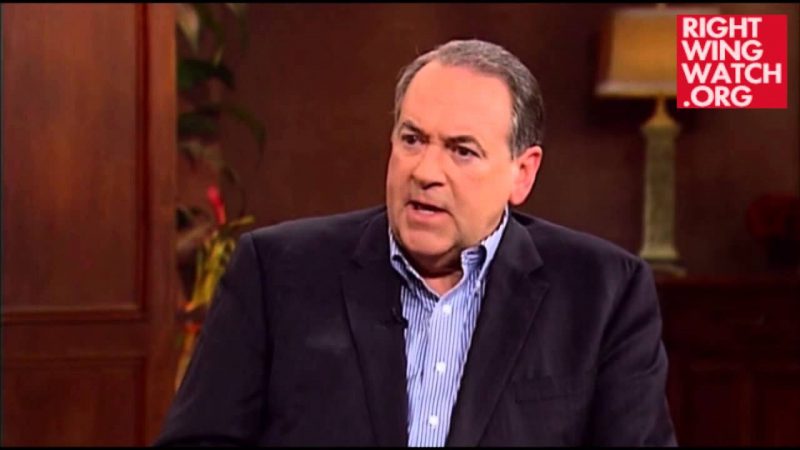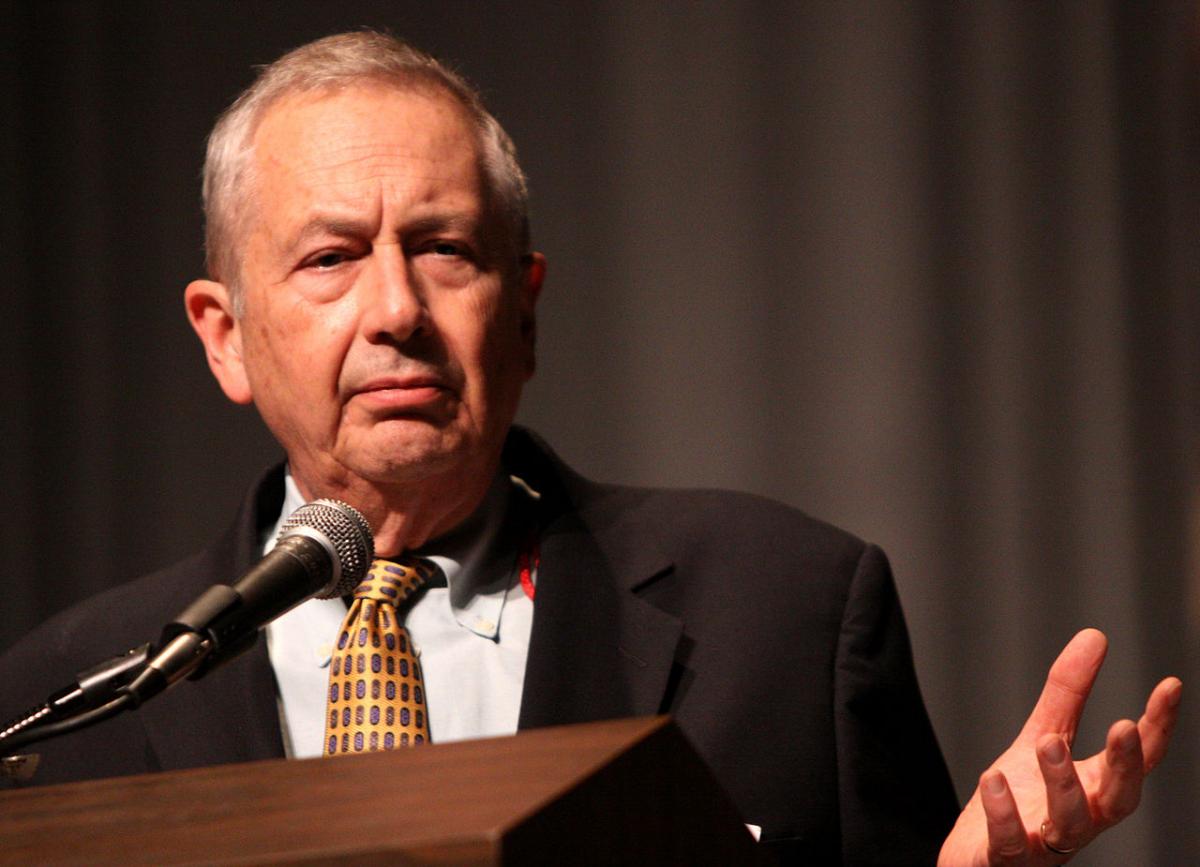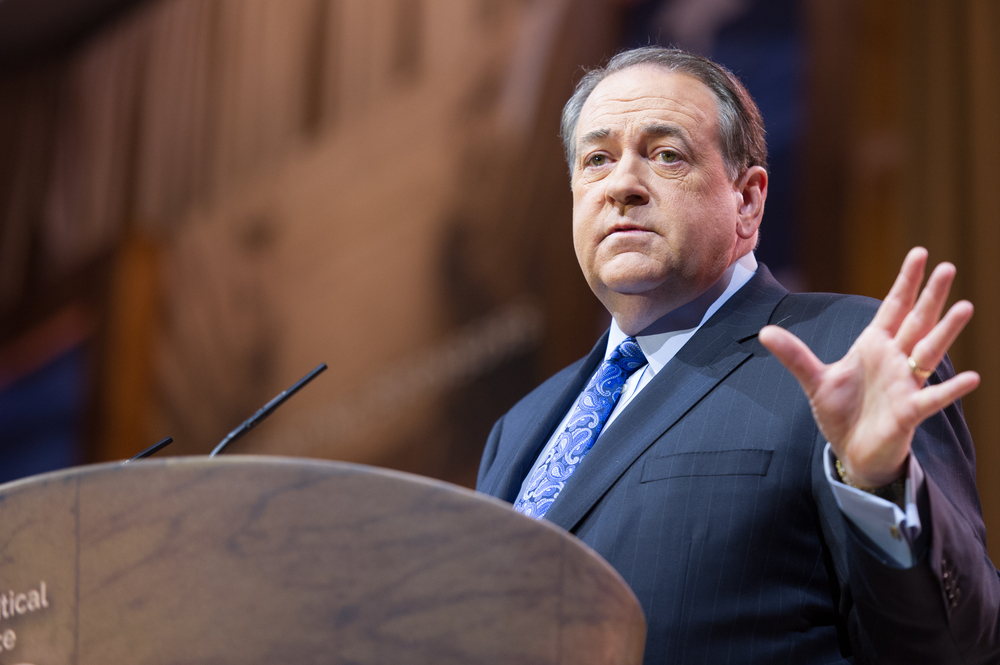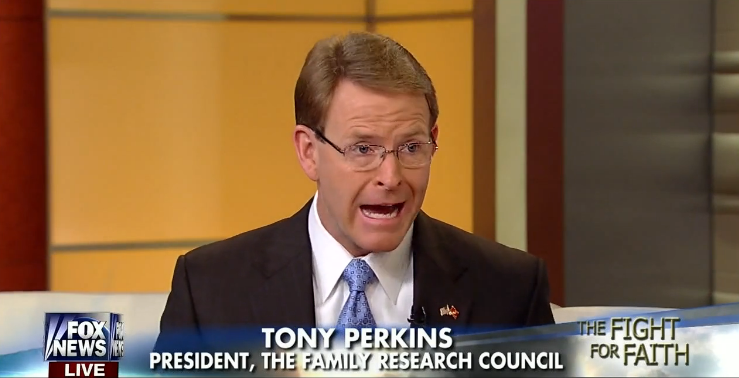One of Mitt Romney’s standard talking points when seeking to assure potential evangelical voters who might be concerned about his Mormon faith is that he is running for commander-in-chief, not pastor-in-chief and that his religious views will take a backseat to his Constitutional obligations.
Not surprisingly, this is not a point being emphasized by Mike Huckabee, who has been explicitly using his faith to win over evangelical voters and differentiate himself from Romney and his Mormonism. In fact, Huckabee seems to be hoping to become, literally, the nation’s first Pastor in Chief and has been regularly delivering sermons around the nations, especially in churches in primary states:
Former Arkansas Gov. Mike Huckabee tiptoed around any mention of his run for the Republican presidential nomination. And the ex-Baptist minister assured 5,000 members of First Spartanburg North Baptist that that he’d come to their church Sunday to give a sermon, not a speech.
But if church protocol forbade Huckabee from overtly asking for their votes in South Carolina’s hotly contested GOP primary on Saturday, he still managed to court them in code.
At the 9:30 a.m. service and again ate 10:50, preacher Huckabee talked about his ties to past Southern Baptist leaders, read a passage from Luke’s Gospel, led the congregation in bowed-head, eyes-closed prayer, even mentioned the day he accepted Jesus — it was at Vacation Bible School, when he was 10 years old.
In other words, Huckabee said without having to say it: Unlike those other guys on the ballot, I’m one of you.
Huckabee has delivered sermons in Arkansas, Texas (in San Antonio, Irving, and Plano,) in New Hampshire, and Michigan. In both South Carolina and Michigan, Huckabee also sought to mobilize pastors to get out the vote in support of his campaign:
“I’m not going to ask you to get up in your pulpit and use your pulpit to endorse me, because I think the only person you ought to endorse from your pulpit is Jesus, and you don’t need to endorse me there,” Huckabee said at this morning’s pastor’s breakfast.
“But most of you have email lists or phone call lists or you have – as an individual, you are unrestricted in what you do as an individual, not using the facilities or the nuances of your church, but as an individual because you’ve got great influence.
“And I’m asking you to help get people to think about this election…in terms of direction of where this country’s going to go and whether or not it’s going to be led by people who share that Judeo-Christian value and ethic or whether they do not.”
Huckabee sees his campaign, as the Washington Post put it, “chance for evangelical Christians to lead the Republican Party rather than just support its candidates.” And should he end up in the White House, it looks like Huckabee would be open to carrying on his tradition of delivering Sunday sermons:
It is also no accident that less than a week before the primary, Huckabee chose one of the largest congregations in upstate South Carolina, where he will need a significant evangelical turnout to win.
The more interesting question is this: What does it mean for America to have president who continues to semi-privately preach his personal religious views? At a press conference Sunday afternoon, Huckabee said he would be open to delivering sermons as president, even though he acknowledged it would be logistically tough.
You can get a sense of Huckabee’s sermons from these remarks he made to the “Iowa Renewal Project’s Pastors and Pews Dinner” in June, where he claimed to be speaking “pastor to pastor” as he urged those in attendance to be active in politics because “pastors cannot be AWOL when it comes to establishing what is right, what is wrong, and what will make the difference in this country to establish the boundaries of good, decent, Godly living”








